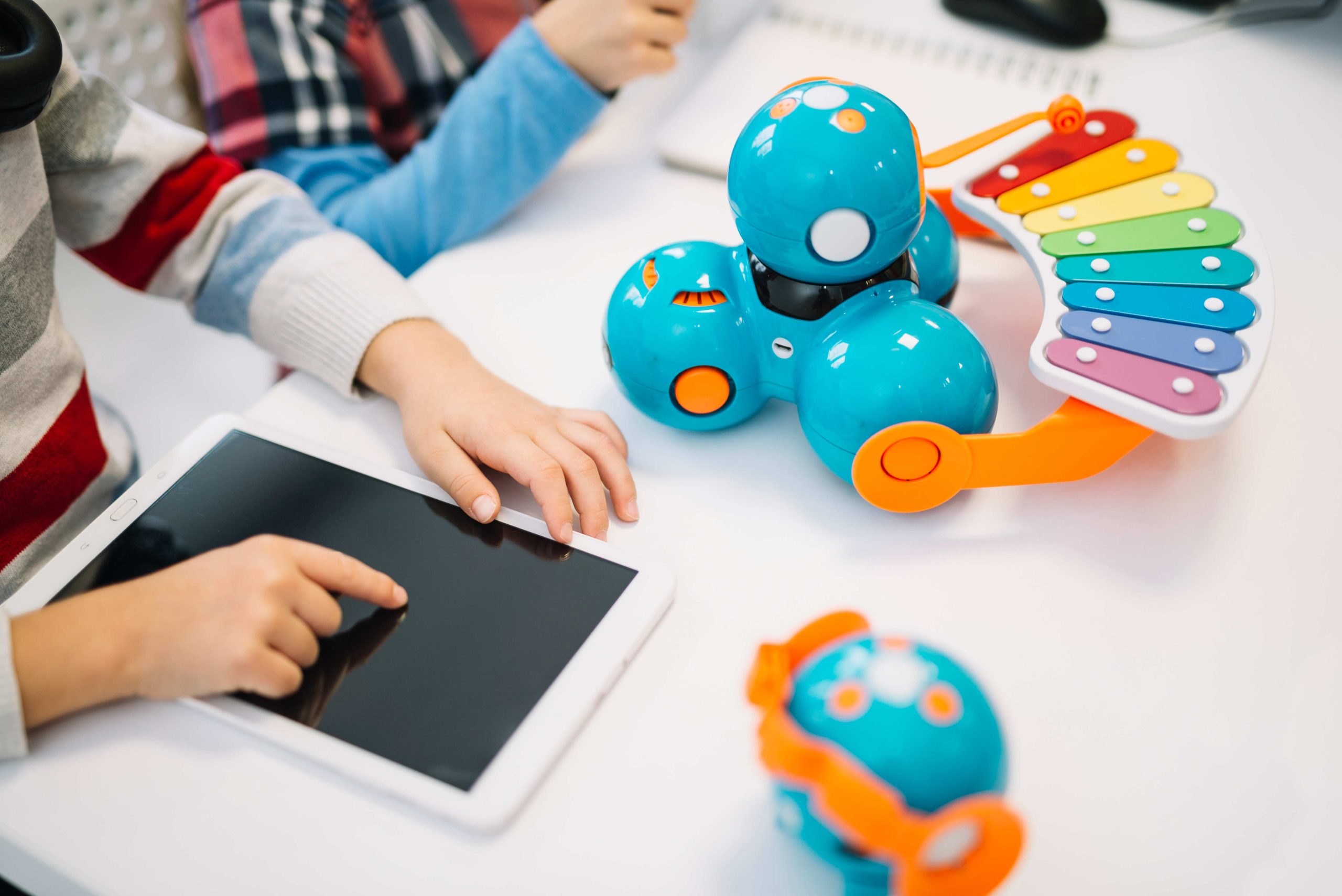
Why Preschoolers Benefit from Educational Apps
Educational apps have become increasingly popular in early childhood education due to technological advancements. Let’s explore the advantages of integrating these apps into preschoolers’ routines and how they can enhance learning.
Engaging Learning Experience
Preschoolers thrive when learning is fun and engaging. Educational apps offer interactive and visually stimulating content that captures their attention, making learning enjoyable and memorable.
Development of Fine Motor Skills
Many educational apps require preschoolers to interact with the touchscreen, which aids in the development of fine motor skills and hand-eye coordination. Activities like tracing letters and shapes or tapping and swiping promote dexterity and control.
Personalized Learning
Educational apps can adapt to each child’s unique learning style and pace, providing a personalized learning experience. With features like adaptive learning technology, apps adjust difficulty levels to ensure optimal comprehension and progression.
Convenience for Parents and Caregivers
Busy parents and caregivers find educational apps convenient, as they can be accessed anytime, anywhere via smartphones or tablets. These apps seamlessly integrate into daily routines, complementing traditional teaching methods.
Abundance of Learning Resources
Educational apps offer a wide range of learning opportunities across various subjects, from literacy to science. Preschoolers can explore new concepts and expand their knowledge, fostering a lifelong love of learning.
Facilitating Parental Involvement
Parents can actively engage in their preschooler’s education through apps that track progress, set goals, and offer feedback. This involvement strengthens the parent-child bond and reinforces learning outside of formal education settings.
Choosing the Right Educational Apps
When selecting educational apps for preschoolers, consider the following:
- Choose age-appropriate apps aligned with your child’s interests and needs.
- Read reviews and ratings from other parents and experts to ensure quality.
- Limit screen time to one hour per day, following recommendations from experts.
Balancing Screen Time with Other Activities
While educational apps offer benefits, it’s essential to maintain a balanced approach to screen time:
- Encourage outdoor play to develop gross motor skills and promote physical health.
- Engage in artistic activities to foster creativity and fine motor skills.
- Promote social interactions through playdates and group activities.
- Cultivate a love for reading by incorporating storytime into daily routines.
Maximizing the Benefits of Educational Apps
To make the most of educational apps:
- Choose high-quality apps tailored to your child’s interests.
- Set daily screen time limits and actively participate in app activities.
- Monitor progress and set learning objectives to ensure engagement and growth.
- Integrate apps with other activities for a well-rounded learning experience.
Conclusion
Educational apps offer valuable opportunities for preschoolers to learn and develop, but they should be used responsibly. By selecting age-appropriate apps, balancing screen time with other activities, and actively engaging with their children, parents can foster a love for learning that lasts a lifetime.


